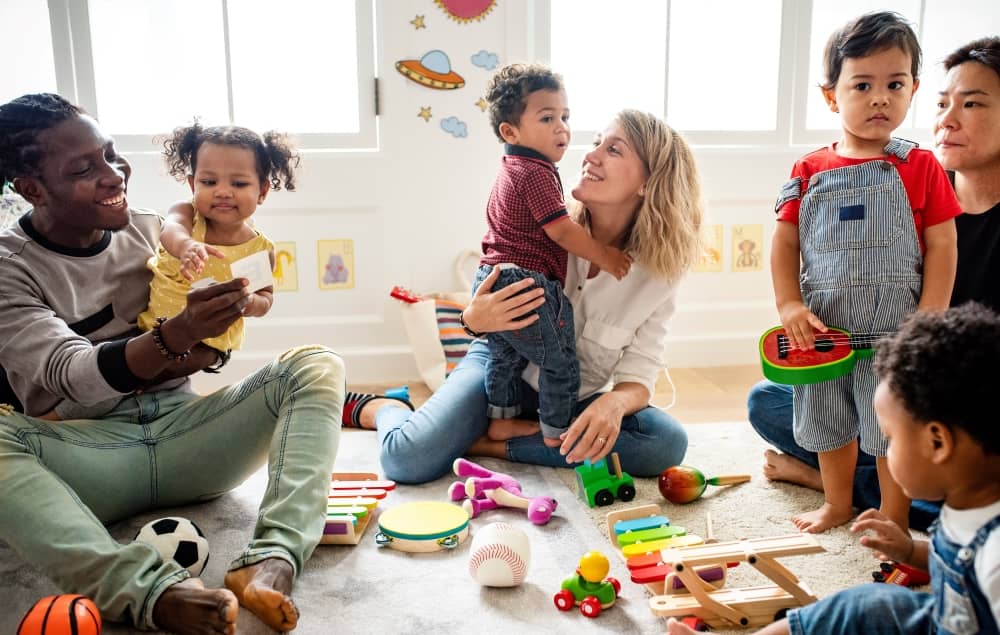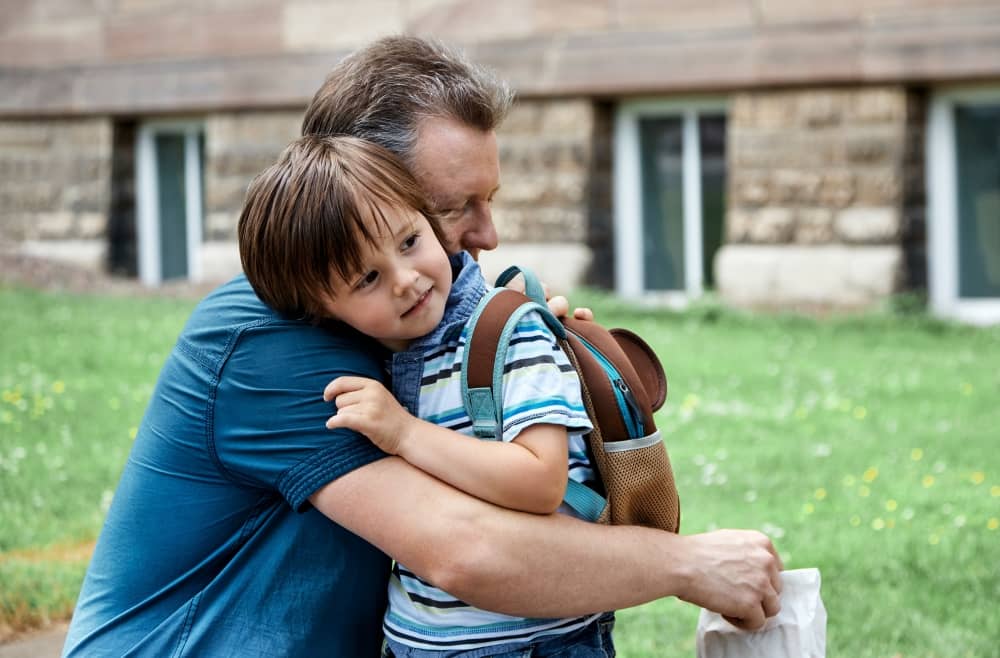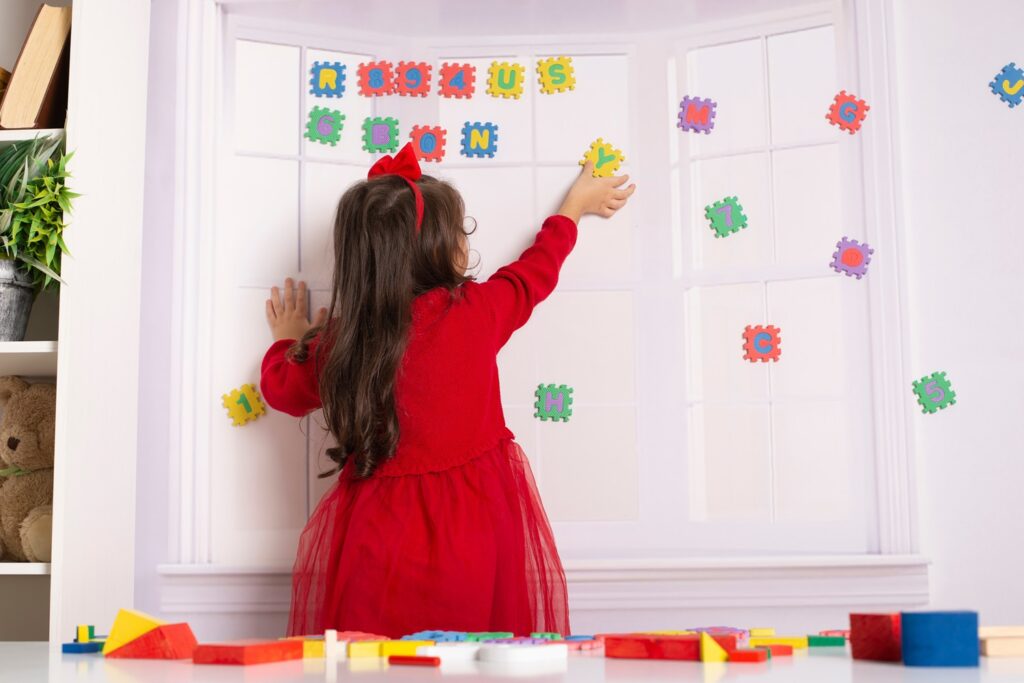Transitioning your child to an early learning centre marks one of the first significant life changes they’ll encounter. It presents new experiences, challenges, and growth opportunities along the way. Preparing your child for this critical phase helps lay a strong foundation that fosters a love of learning while building confidence in themselves and their abilities.
The Importance of an Easy Transition
Transitioning smoothly into an early learning centre is vital for children and their parents. Experiences during this phase can significantly impact a child’s emotional well-being, readiness to learn, perceptions of education, and overall attitude toward learning. This could form their lifelong outlook on education and further academic pursuit.
Transitioning smoothly into an early learning centre can have profoundly positive results, including:
- Strengthen a Child’s Sense of Security and Belonging: For any new environment, children need to feel secure before beginning learning experiences. A feeling of comfort in their surroundings will contribute to emotional well-being and aid the learning journey.
- Foster Emotional Well-Being: When children feel safe, their emotional well-being increases dramatically. They become happier, less anxious, and better prepared to focus on taking in new information and learning new skills.
- Build Excitement and Curiosity About Learning: Engaging learning environments can ignite children’s enthusiasm for education. A positive first impression gives children something to look forward to when visiting centres and participating in activities there.
- Foster Positive Relationships Between Parents and Educators: Parents play an essential part in this transition process. Their participation with educators gives the child confidence in this unfamiliar environment.
Establish Open Communication With Early Learning Centre
At Tribe Early Learning Centre, we understand that the key to a smooth transition into early learning centres lies in developing strong partnerships between parents and our facility, marked by open and consistent dialogue. Our primary aim at this early learning centre is to establish this open dialogue early on.
Open communication offers many advantages, as follows:
- Increased Understanding of Child Needs and Progress: By sharing insights about a child’s development, needs, and progress freely with one another, parents and educators can better support each child individually. This allows both parties to provide optimal care.
- Fast and Effective Response to Concerns: Open communication allows educators to promptly address any worries or complaints parents raise. At the same time, it will enable them to provide educators with feedback and share any relevant observations or insights they have about their child.
- Develop Strategies Together for Supporting Children’s Learning Journey: Through dialogue between educators and parents, strategies may be created that aid children’s learning and development.
- Mutual Trust and Respect: Open communication helps build mutual trust and respect between parents and educators. This provides a positive and supportive environment for a child to learn and flourish.
Plan to Visit an Early Learning Centre
An essential step in preparing your child for their first day at an early learning centre is scheduling a visit in advance. This will familiarise your child with their new environment, ease anxiety and spark curiosity.
Pay special attention during your visit to the following:
- The Physical Environment: Pay close attention to the arrangement and condition of classrooms, outdoor play areas, and learning resources available. These include safety features like gates or fences around playgrounds and indoor-outdoor carpet tiles that could prevent children from entering.
- Classroom Activities: Be aware of the offered activities and assess if they match your child’s interests and developmental needs. Activities should be engaging, fun, and tailored toward developing various skills or learning areas.
- Interaction Between Staff and Children: Consider how educators interact with children. Educators should be patient, kind, and engaging. They should also manage conflicts effectively and promote learning that makes the experience enjoyable for the kids.
Establishing A Familiar Routine
Establishing a routine at home can significantly ease your child’s transition into an early learning centre environment. A routine that mirrors its daily flow provides your child security and control. It helps them anticipate what events will occur during their day, thus lessening anxiety about unpredictability or unfamiliarity.
The routine should involve setting up an adaptable framework that offers continuity and rhythm for your child’s day. This may include things such as:
- Structured Meal and Snack Times: Routine meal and snack times are integral to life at early learning centres and should also become part of your child’s home routine. Doing this can help regulate hunger patterns while building anticipation for specific activities. Start by setting particular breakfast, lunch, and dinner times with healthy snacks in between them.
- Schedule Play, Learning, and Rest Periods: Just like early learning centres, divide up your child’s day into specific blocks for active play, focused learning activities, and restorative sleep time. Children thrive when experiencing a balance of these activities. Knowing what to expect for each stage can build excitement about each new part of their day.
- Establish a Consistent Bedtime Ritual to Promote Adequate Rest: Children need a break after each day’s activities to restore themselves and renew. Establish a bedtime ritual that signifies it is time for restful slumber. These include reading bedtime stories, brushing teeth, or bidding goodbye to family members.
Discussing Socialisation Strategies
Socialization is at the core of human interactions and an invaluable skill that will positively shape your child’s interactions throughout their lifetime. Socialization entails learning to share, cooperate, listen to others constructively, manage disagreements constructively, and form friendships. Learning these abilities early can lay a strong foundation for successful and satisfying social relationships later.
At home, you can help to foster your child’s social skills:
- Schedule regular playdates: Playdates are an excellent way for your child to acquire essential social skills in an enjoyable and safe environment. They help children develop communication, share toys, role negotiation, and conflict resolution in an interactive experience.
- Enroll in community programs or group classes: Community programs or group classes allow your child to interact with a larger group. Mimick an early learning centre environment and help your child get used to being part of a greater community.
- Encourage sharing and cooperation during play: Make sharing and cooperating a regular part of playtime by modelling it yourself and showing examples through books or shows. Reinforce these values through daily demonstration.
Fostering Independence and Self-Help Skills
Building independence and self-help skills boosts your child’s self-confidence and equips them with essential life skills. Acquiring these abilities gives your child a sense of independence and accomplishment which can greatly ease the transition into early learning centres.
Here are a few self-help tasks you should complete:
- Dressing Independently: For children learning to dress independently, start with simple tasks such as donning their hat or shoes before gradually progressing onto more complex ones as they become confident. Break each task into manageable steps and celebrate their successes at each stage for optimal confidence-boosting.
- Eating Independently: Encourage your child to self-feed using appropriate utensils suited for their age and skill level. Start with finger foods before progressing to more intricate methods like spoons. Remember that the goal here should not be cleanliness but independence and dexterity development.
- Utilizing the Bathroom: Promote good bathroom habits and hygiene for children using public bathrooms. Consider visual aids that may assist them in remembering how to use the toilet and wash their hands effectively.
Storytelling and Books about Early Learning
Reading age-appropriate books about early learning centres can be an excellent way to help prepare your child for their new experience. These books provide invaluable information and may create excitement and soothe any concerns your child might have about starting classes.
When purchasing books, look for ones that:
- Present an early learning centre positively: To ensure your child forms an optimistic image of what awaits him or her at an early learning centre, choose books depicting its exciting activities. This will give him or her an accurate portrayal of what awaits him or her there.
- Acknowledging common concerns, such as separation anxiety: Books that address this subject of saying goodbye and offer comfort can provide invaluable support during this transition period.
- Highlight fun activities your child can anticipate: When shopping for books, introduce your children to different learning experiences. These include art, music, outdoor play, or storytelling. Look for books that highlight them all. These books can spark your child’s curiosity while making learning exciting and joyful.
How to Manage Separation Anxiety
Separation anxiety is an understandable fear when transitioning to an early learning centre. Thus, this challenge must be met with patience, understanding, and reassurance to help ensure a smooth experience for your child.
Here are a few strategies for relieving separation anxiety:
- Gradual Increase in Separation Time: Gradually extend their stay at the centre to help them adjust and build trust with educators. This approach ensures they become comfortable and build long-term bonds with educators in their new environment.
- Goodbye Rituals: Create an immediate and comforting goodbye ritual that comforts them. This could include handshakes, hugs, or songs as you say farewell. Routines give a sense of predictability and security to children
- Reassuring Your Child: Frequently reassure your child that you will always come back for them and that their teachers and the early learning centre are safe places. Offer words of praise and offer words of encouragement when necessary.
Transitioning smoothly into an early learning centre is essential to your child’s emotional and academic success. At Tribe Early Learning Centre, we are dedicated to supporting parents and children as they navigate this crucial period, offering any assistance you require. Feel free to reach out if any concerns, questions, or support are needed.







